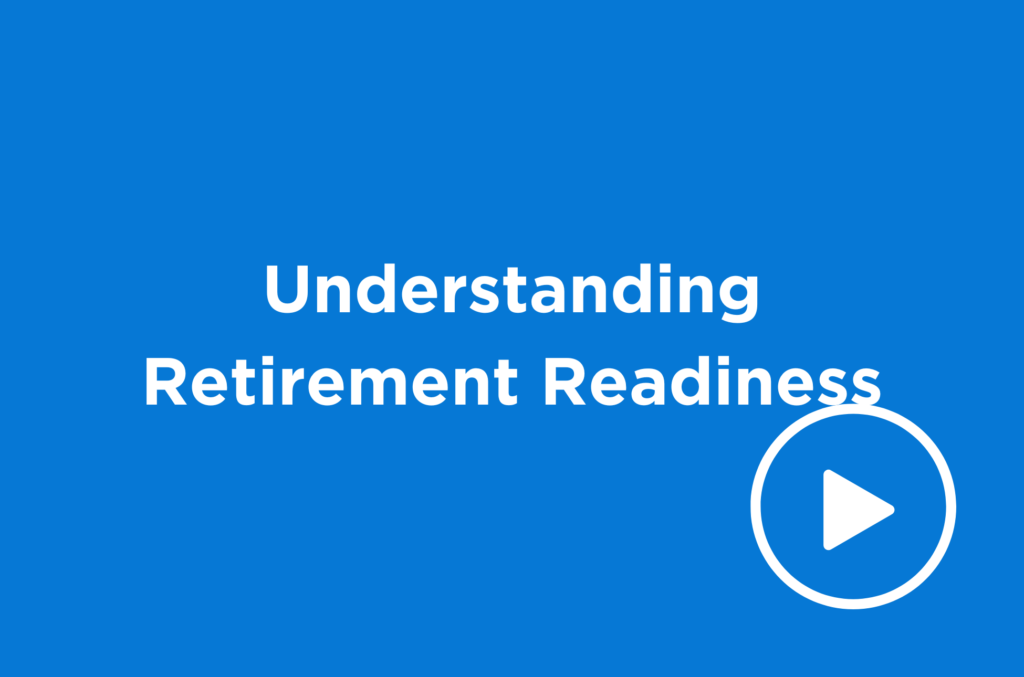There are some important questions you should ask financial advisors to ensure they’re the right fit for you. Firstly, you should ask your financial advisor about their experience and qualifications. Find out how long they have been in the industry, what their credentials are, and how they stay up to date with the latest financial trends and regulations. This will give you an idea of their level of expertise and if they’re capable of handling your unique financial situation.
Secondly, ask your financial advisor about their investment philosophy. Are they more conservative or aggressive when it comes to investing your money? What are their thoughts on risk management and how do they plan to mitigate any potential losses? Understanding their investment philosophy will give you insight into how they approach investing and whether their strategy aligns with your own goals and risk tolerance.
Thirdly, ask your financial advisor about their fees and compensation structure. How do they get paid and how much? Are there fees transparent, or are there any hidden costs you should be aware of? Knowing this information will help you determine whether the cost of their services is worth the value they provide.
Fourthly, ask your financial advisor about their communication style and frequency. How often can you expect to hear from them? What channels of communication do they prefer, and are they available to answer your questions and concerns in a timely manner? Building a strong relationship with your financial advisor requires clear and frequent communication, so make sure you’re comfortable with their style.
Lastly, ask your financial advisor about their approach to financial planning. Do they take a holistic approach and consider all aspects of your financial life, including taxes, estate planning, and insurance? How do they create a customized financial plan that aligns with your goals and priorities? Understanding their approach to financial planning will help you assess whether they’re capable of helping you achieve your long-term financial objectives.
In conclusion, asking these questions will help you choose the right financial advisor for your needs. Remember, it’s important to work with someone who has your best interests at heart and is committed to helping you achieve your financial goals. Everyone has an opportunity to make a positive impact on their financial life with simple actions and consistency, conversations about money are normal, and our team is here to help.


